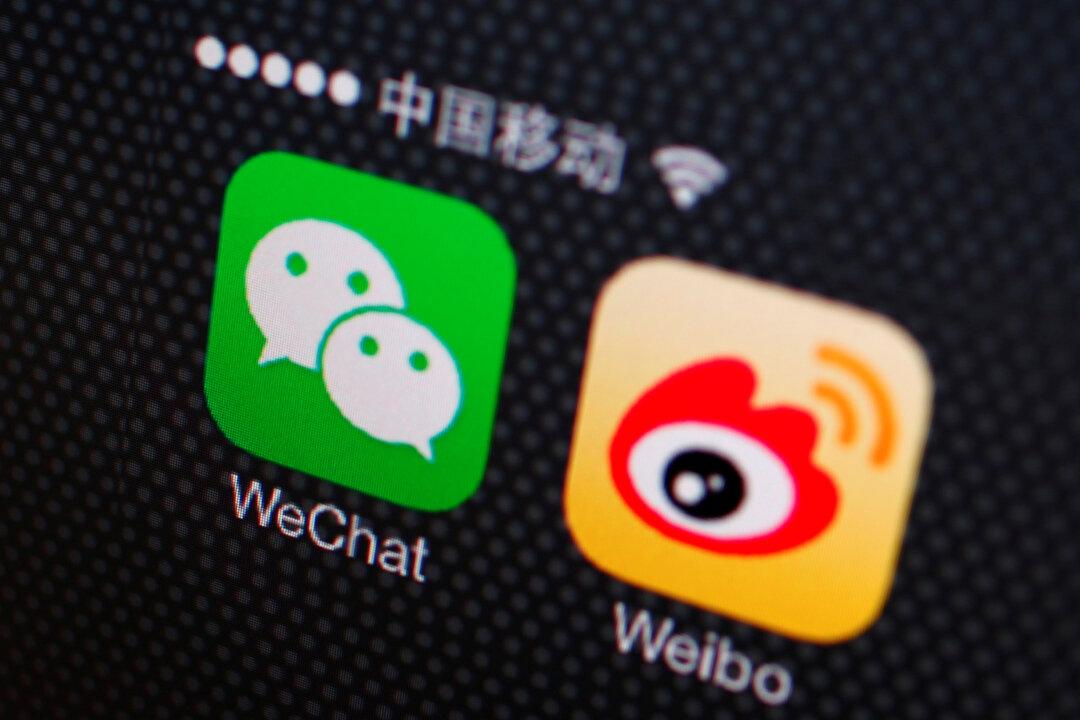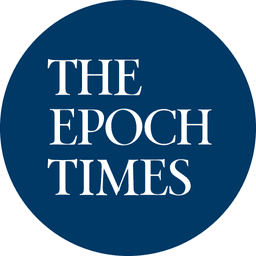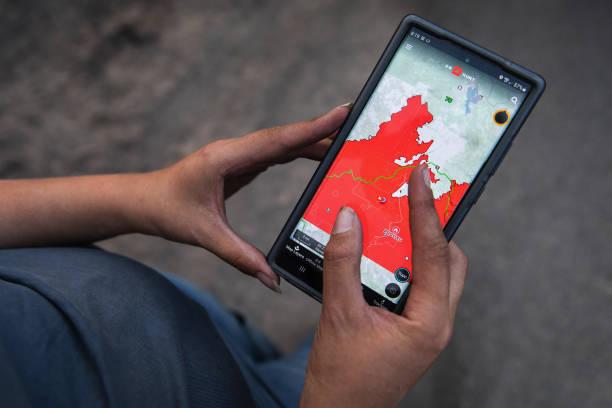Australia’s peak intelligence body has warned the government that Beijing has control over two-thirds of the country’s vast online Chinese-language media industry.
The Office of National Intelligence (ONI) has confidentially briefed the government on how the Chinese Communist Party (CCP) has co-opted leading Chinese-language news websites and WeChat accounts.





